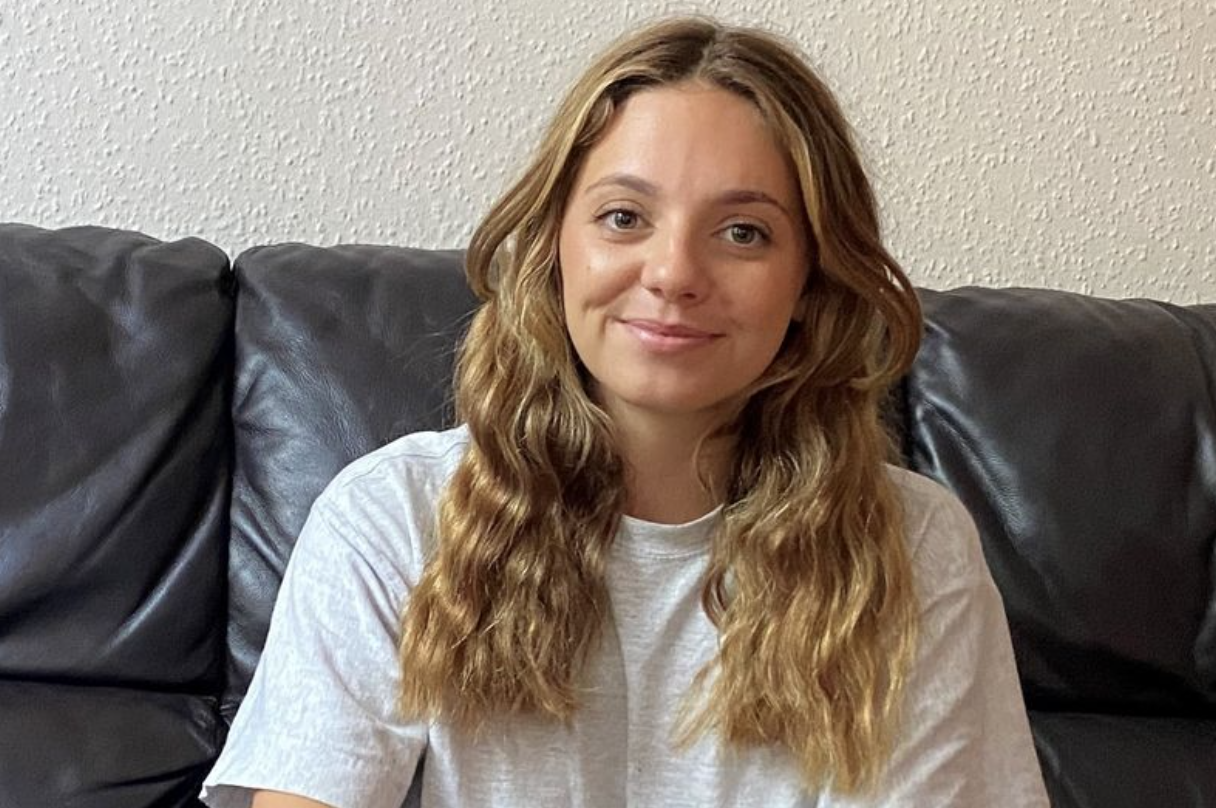The Power of Listening to Your Gut
- Sarah Burns, a 25-year-old hairdresser in England, began losing weight and experiencing breakthrough bleeding during her cycle; she was diagnosed with a rare form of ovarian cancer.
- Ovarian cancer has been called "the cancer that whispers," due to its hard-to-detect symptoms, which can include fatigue, feeling bloated, and pain during sex.
- Burns sought out a doctor due to her symptoms, and her inner voice, which told her something was off.

Understanding Ovarian Cancer
Burns was diagnosed with a form of ovarian cancer called Mucinous Ovarian Cancer (MOC). This type of ovarian cancer is very rare. In the UK, where Burns lives, approximately 200 people per year are diagnosed with MOC.
Ovarian cancer has been called "the cancer that whispers," due to its hard-to-detect symptoms. Dr. Beth Karlan, a gynecologic oncologist at UCLA Medical Center, explains in an earlier interview, "What we've found from multiple studies, it's this constellation of symptoms," she said. "If that's really happening and you're experiencing it every day, and they seem to be crescendo-ing, getting worse, even if that goes on for only two weeks, you should call your doctor."
Ovarian cancer symptoms may include:
- Feeling full earlier/decrease in appetite
- Feeling bloated
- Changes in bowel habits
- Pain in the pelvis
- Urinary symptoms, such as an urgent need to go
- Extreme fatigue
- Abdominal swelling
- Pain during sex
Ovarian Cancer: The Cancer That Whispers
Trusting Your Inner Voice
Burns says that even though she was losing weight and thought it might be stress, her “gut” told her to see a doctor. Because she listened to her gut and intuition, she was able to get an accurate diagnosis. It’s so important to listen to your body, and seek help when something feels off.
Cedars-Sinai's Dr. Zuri Murrell, a colorectal surgeon, agrees about the power of listening to your inner voice. He also advises patients to lead each appointment with a plan and to do their own research. He says in an earlier interview, "It's important for you to actually educate yourself and be your own health care advocate."
"And that's something that I think is really important," says Dr. Murrell. "You should lead each doctor's appointment with a plan."
Be Pushy, Be Your Own Advocate… Don't Settle
Learn more about SurvivorNet's rigorous medical review process.


